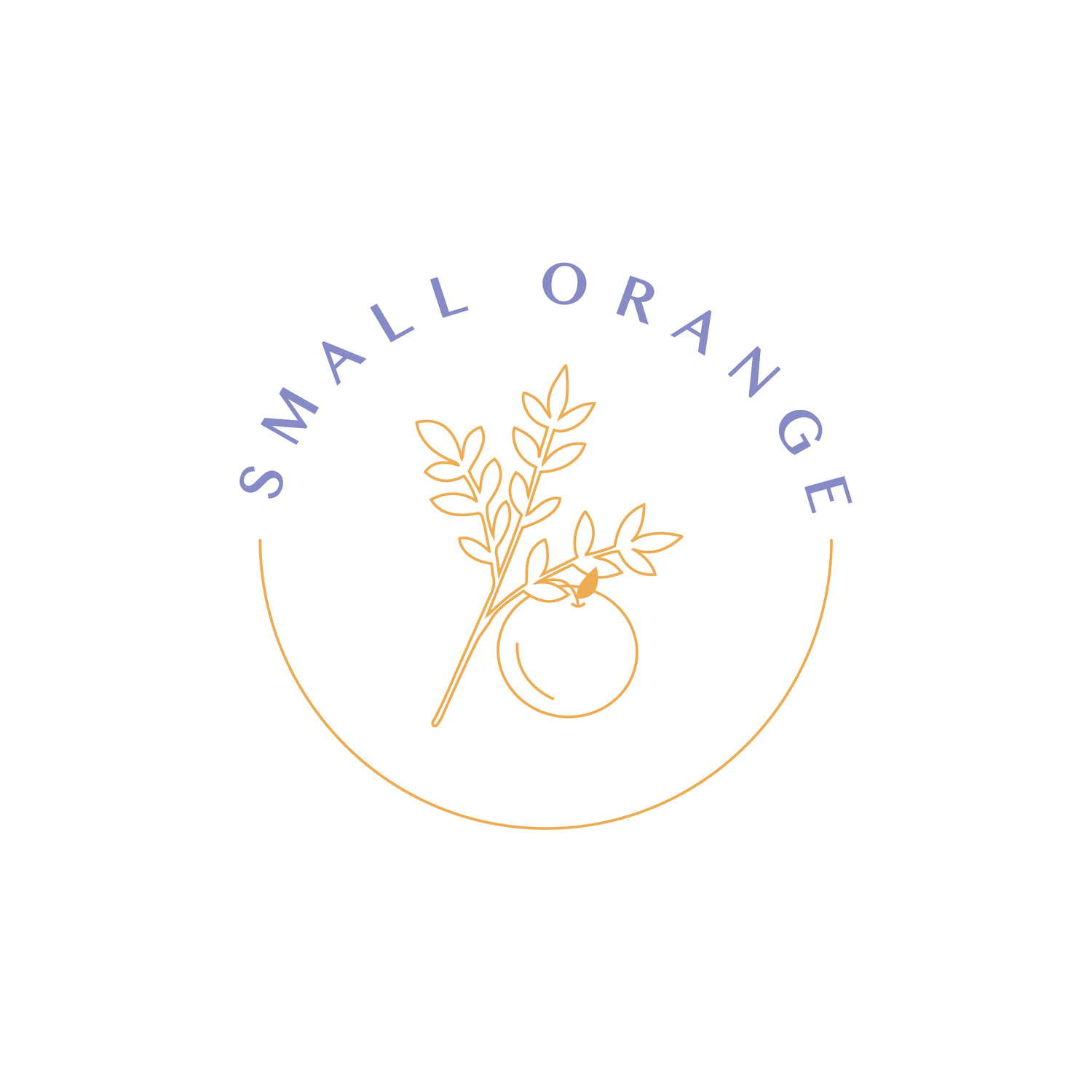Conversation with Orla Tinsley
SMALL ORANGE (ORANGE): In your work you refer to how writing has been a source of comfort for you, beginning in youth. How did this prepare you for stepping onto the national stage at such an early age in your fight for better care for Cystic Fibrosis patients?
ORLA TINSLEY (OT): Learning that words were at my disposal, that they were connected to the root of my sensory experience on earth, has saved me over and over. The natural rhythm of the world being reeled in and reordered in an attempt to reflect what I am going through has ended up somehow helping others. And knowing that, if I am lucky, some of what I throw out sticks to a shard of someone else’s experience and magnifies or helps contextualize it for them, is the reason I have been able to do my work. It’s a constant risk that has served a purpose that is bigger than me and that is all anyone can hope for in life.
ORANGE: I think many writers may steer away from autobiographical genres for fear of laying bare too much of themselves. You have continually proven brave in the face of this as your work provides a voice for many others. Is that fact sometimes liberating in where you can take your writing?
OT: This was difficult for me in the beginning. I started with confessional writing and no real order. I read poetry voraciously – Plath, Dickinson, Millay – and through writing in their structures and pushing my pain through the filters their poems provided – I found myself. My ‘I’ tries to expand and embrace courage and compassion, but it doesn’t always succeed. Sometimes, on reflection, I’m not sure who wrote the thing at all. However, when the purpose is in the context of a campaign, when I can understand the life or death stakes of it, fear radiates in the opposite direction and the aim is clear.
ORANGE: You've cited Seamus Heaney's poem "Mid-Term Break" as an early source of inspiration for you as a writer. Can you tell us a bit about your relationship with that poem, and with the tradition of Irish poetry (and Irish literature in general)?
OT: It’s hard to quantify the impact Heaney’s work had on me. When I was a child his work, and particularly this poem, told me things about life and death that no adult dared. “A four -foot box, a foot for every year”. It was so stark, so true and so reflective of the experience of my young friends dying. I first encountered this poem just after my friend, aged 11, died from CF. I was 10. I needed that truth.
ORANGE: In addition to your work with cystic fibrosis, you have also campaigned on behalf of the transgender community in Ireland. Tell us about that experience, and what inspired you to advocate for LGBTQ rights.
OT: This made sense to me because, when I arrived at this place, I had a massive platform and I belong to this community. It’s an edifying fact that when such privilege is granted you have to use your power for good.
ORANGE: Your 2013 Irish Times article suggested that in order to progress organ transplant action death needs to become a subject more permissible for discussion. Considering that understandings of and rituals surrounding the end of life are often ingrained through deeply rooted institutions such as religion and culture inherited from past generations, what avenues do you see as viable means to leading people towards reconsidering their notions surrounding death? Is individual contemplation or public discussion more important in such matters?
OT: It needs to be both individual contemplation and public discussion. A well informed, properly structured, education program on organ donation coupled with the space and dedication that allows people to think and talk about it is the combination. I believe by having an opt-out system with appropriate and expansive education – and resources – we can make this process better. I have been through this process, right to the edge and back, and I’ve watched my family go through it too. What I am certain of is that we are all in this together.
ORANGE: What new writing projects do you have planned?
OT: I’m currently finishing a book of non-fiction that examines my experience of the past three years. I’m also working on a short story collection. I also started a band. The energy is so different now with this new life. My donor has gifted me this immense privilege. I am trying everything to honor her and this energy, this privilege, that I have never had before. I want it working at its full capacity.
ORANGE: What's your favorite coffee shop in New York?
OT: That’s tough. Café Indie because of their Yogi Bowls. But I love the Hungarian Pastry Shop too because of their kindness.
ORANGE: If Hope is a thing with feathers, what is its plumage like?
OT: Compassion is the answer.
Orla Tinsley is an award winning journalist, campaigner and multimedia artist from County Kildare in Ireland.

